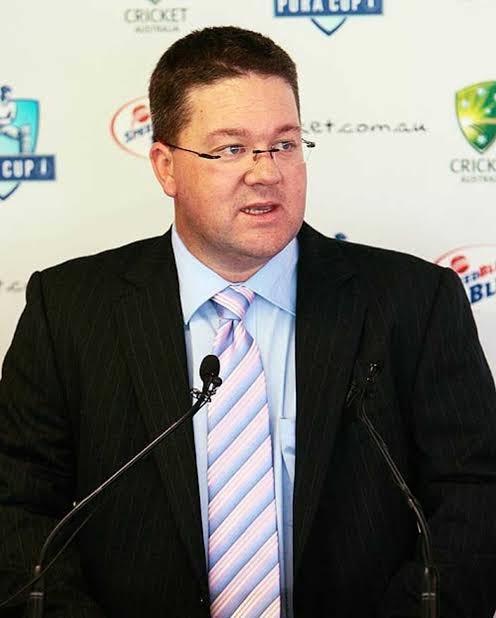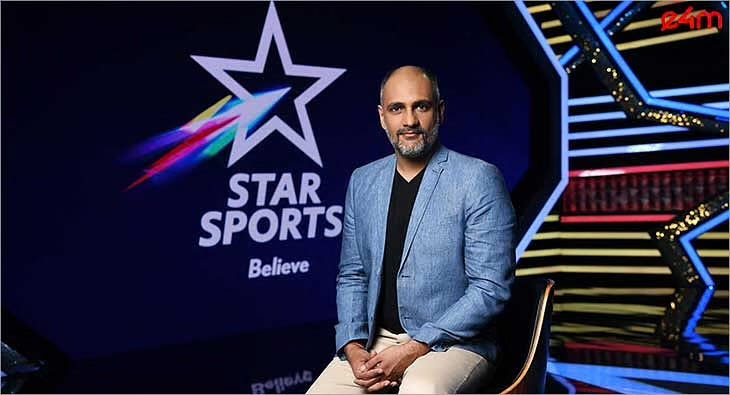Cash before Cachet and...
The Quest for the Perfect International Schedule. (Or at least a manageable one.)
A significant number of the world’s best international cricketers are angry, and they have been for years. One of the main causes of their discontent is the increasing regularity with which they are asked, or forced, to choose between their (increasingly various) clubs and their countries. And the dismissive ease with which we judge those who select the cash over the cachet.
South Africa’s Test players are still seething about the debacle in February which saw them miss the tour to New Zealand in favour of the SA20 for which they were contracted. It was the most extreme example of fixture clashing in recent years, but they take place in every country, regularly.
Some administrations still opt to refuse their best contracted players permission to play in domestic leagues, like the Pakistan Cricket Board, citing workload management, but it won’t last. It simply creates a disillusioned, disinterested squad of players with no enthusiasm for representing their country. Just look at Pakistan’s recent results.
Others, like New Zealand Cricket, have taken a pragmatic route. National treasure, Kane Williamson, was permitted to decline a national contract this year and Devon Conway recently signed a ‘casual’ contract so that both could play in the lucrative SA20. Both are still committed to NZC and their (adopted) country, but can make between three and five times more money by playing part-time for the Black Caps.
The other thing those two have in common? None of the games they will miss for New Zealand will be World Cups, qualifiers or World Test Championship fixtures. In other words, they’ll be there, if selected, for every game that really matters.
Daren Sammy described the forthcoming T20 International series against South Africa, which begins in Trinidad on Friday, as “…exciting and important.” It might turn out to be the former, but it is most certainly not the latter. Quite the opposite, although there will be a handful of younger players for whom it will have significant, personal relevance. It is impossible to ascribe any wider relevance, unless you include the WICB’s contractual obligation to provide ‘content’ for its meagre, television broadcast deal.
Two reasons, then, that international players are angry: The clubs vs country issue and the fact that there are too many ‘friendlies’, bilateral cricket series which used to be the foundation on which international cricket was based but are now becoming sink holes.
A potentially game-changing committee has been formed by the World Cricketers’ Association, formerly FICA, with the mandate of devising a global playing schedule which allows international cricket to co-exist with Franchise leagues, limits (or eradicates) meaningless matches and allows players to represent their countries without effectively losing money while doing so.
The WCA has real, meaningful clout in world cricket. The player unions in England, Australia, New Zealand, South Africa and the West Indies are on an administrative level footing with the boards which oversee the game in those countries and, while that is not the case in the Asian countries, the WCA is still theoretically mandated to speak on behalf of the professional players in Pakistan, Sri Lanka and Bangladesh. And also the smaller Test nations, Zimbabwe, Ireland and Afghanistan
All of which makes the Indian players and the BCCI, serial outliers, the exception. Whatever blueprint the WCA committee present to the ICC and its members will be subject to the BCCI’s approval; ‘blessing’ might be wishful thinking.
But India and its players can’t exist in isolation – unless they really ramp up the Ranji Trophy and hope that the world’s best foreign players are happy to cut ties with their countries and make their living from the IPL alone. That is certainly not a scenario the WCA is aiming for. They would do almost anything to avoid conflict with the BCCI. They intend to be constructive and politically sensitive.
The aspect of global administration which separates the ICC from FIFA, World Rugby and the WTA amongst others, is control of the calendar. The ICC does not have it – the others do. Soccer, rugby and tennis followers have a clear understanding of when, where and why events take place. Cricket’s calendar, with its three formats and vastly varying game status, is a confusing mess.
“The players deserve a say on the future of the game and want us to start putting forward some solutions,” said WCA chair, Heath Mills. “The process we have put in place, guided by independent expertise, will be focussed on making recommendations to our Board on optimising the game’s global structure, ensuring sustainable value, and providing more clarity, consistency, and less confusion for players, fans and commercial partners alike.”
The committee includes former Australian Players Association CEO Paul Marsh and former SA Cricketers Association CEO, Tony Irish, as well as FIFA administrator James Kitching, former Pakistan captain Sana Mir. Crucial, too, is the presence of head of sports at Disney Star, Sanjog Gupta, whose enterprise has invested billions of dollars in T20 cricket.
“Cricket, driven by changing consumer habits, emerging media trends and evolving realities of the game, has witnessed accelerated foundational changes over the last decade. There can't be a more suitable time for key stakeholders in the game to contribute towards work that could help shape thinking about the game's future,” Gupta said.
The committee has a huge task ahead of them, not just in finding a solution but selling it to national boards who have been unable, or unwilling, to find one themselves for years.








Excellent article Neil.
Excellent article Manners. But, I doubt how successful and sustainable this idea is in the absence of support from the BCCI. May be the WCA can lobby the iconic former cricketers of India in order to come to the drawing board with BCCI to find a solution along with senior Indian players. Indian support is vital.